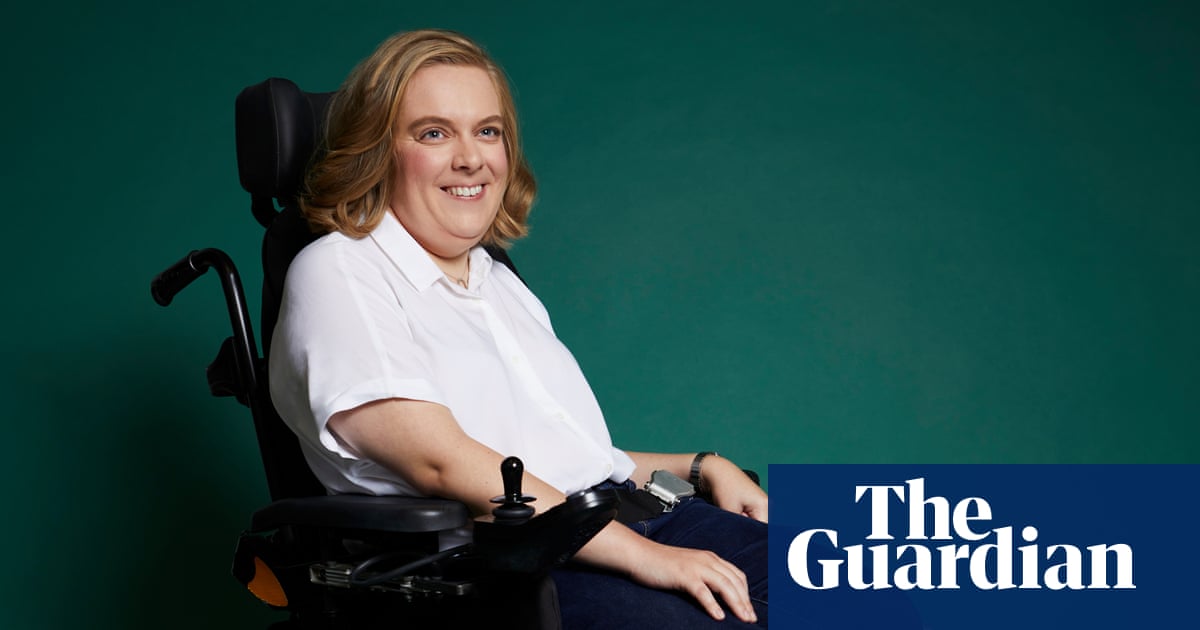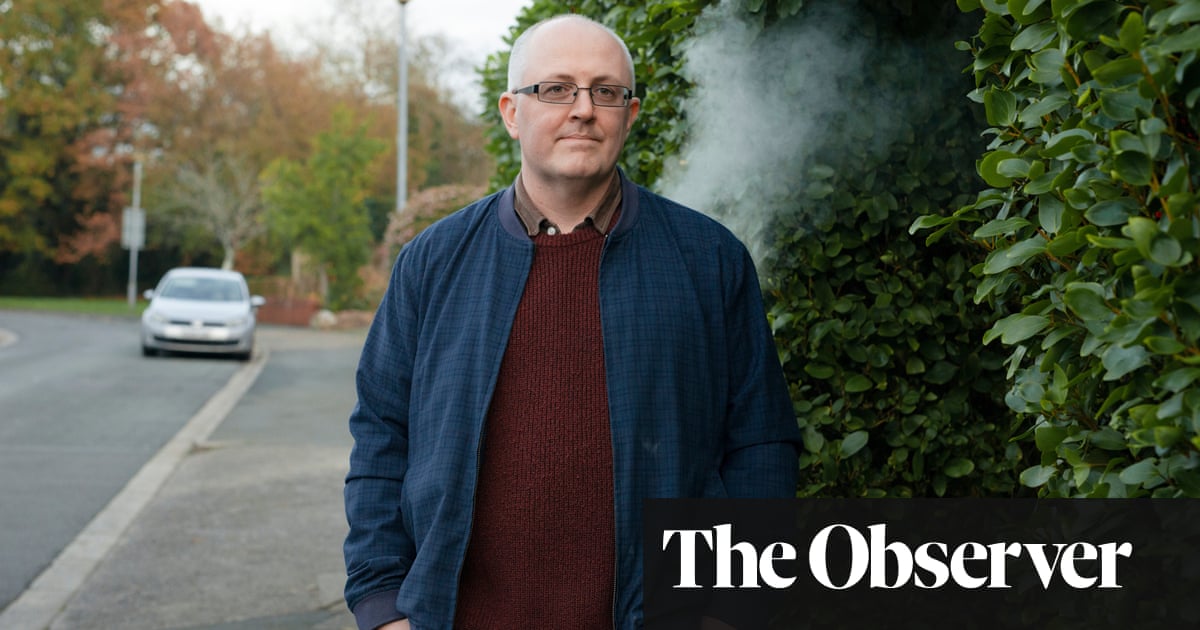
rowing up, my family was what I would now describe as culturally Church of England. Ours was the scenic, zero-commitment kind of Christianity. We grew up thinking of it as utterly default, in a way I don’t think kids would any more, even in deepest Kent. My siblings and I were christened and went to CofE village schools. We learned about other religious holidays but never saw evidence of them. We were not religious – no one was. By which I mean, we only went to church at Christmas.
Specifically, we would go to Christingle, the magical service that is aimed at, and makes no sense whatsoever to, children. It happened at some enchanted hour that felt like the dead of night (I was dumbfounded to learn much later that it actually kicked off at three in the afternoon). There were a few hymns, as familiar as lullabies, and there were talky bits, during which shepherds and “wise men” would time travel around the nave, or something.
We kids were under no illusions about the real reason for being there, however. No, not the birth of Jesus Christ. The orange! Or, rather, definitely not the orange (yuck!) but the warm Jelly Tots poking out of it on cocktail sticks. And the tantalising candle on top, which might singe your eyebrows, or just the very tip of your sister’s ponytail – by complete accident, of course.
What did it all mean? Who cared? It was pure, immersive Christmas, on the most exciting day of the year, Christmas Eve. For us, Christingle was as much a part of the festive season as stockings and crackers. So much so that we children kept the family tradition going as we became adults and started families of our own.
We went to various local Christingles as kids in the 90s and it was one of those, at a church just down the road, that we continued looking forward to as adults. It is always packed to the gunwales for both of its Christingle sittings, an extra having been added more recently to satisfy demand. Up until two years ago, I went along with my sister and brother-in-law to help wrangle my niblings. I supervised eyes not being poked out by sweetie-covered cocktail sticks, and, indeed, hair not being singed in error or revenge.
It was still just an hour of inconsequential festivity. Until, that is, I had a child of my own and suddenly it wasn’t. Some stakes shot up, taking me quite by surprise.
I had always been aware of this church as a bit … “happy clappy”. I heard that description as a kid and thought it was about the people who sang hymns with their hands in the air. I remember seeing an Alpha Course banner outside as a teen and knowing it signalled something a bit sinister, especially in a seaside town with a historic and enduring queer population. Then I heard a rumour about a sermon being given that provoked a local man to stand up in his pew and object to its message, which was, in short and in reference to LGBTQ+ communities: “Love the sinner, hate the sin.”
Coming up to last Christmas, as the queer and transgender father of a two-year-old, I visited the church’s website. I was hoping to find a message of inclusivity, something to reassure me that the welcome I had taken for granted my whole life still applied to the person I am and the family I have today. The “What we believe” sections were vague. So I tried a reverse approach, since it has the kind of graphic design and web presence that suggest affiliation to bigger, well-endowed networks. Google pointed me to a UK organisation called the Evangelical Alliance. I typed my postcode into its “Find a church” tool and the first result was our Christingle church.
In the EA’s news archive, I found a press release about the importance of rejecting Gender Recognition Act reform, a process that was aimed at making the lives of trans adults less bureaucratic. There were pieces about why “gay cakes” are a threat to free speech and then there was a video.
It started off very gently and compassionately, talking about “inclusion” and “understanding”. Just as I started to feel reassured, the presenter began describing “transgender” as “confused” and an “ideological movement”. He talked ominously about genitalia and so-called spectrums, and questioned whether, if a trans person were to call a church to ask about gender-neutral toilet provision, it might well be “a coordinated effort to catch the church out”.
Last year was the first year I chose not to attend Christingle at that church because I knew I could not do so openly and honestly as myself. I knew I would only ever be truly welcome if I accepted this insidious talk of “forgiveness” and “redemption”, which I would not be alone in hearing as a dog-whistle for conversion therapy. Its acceptance of us would always be reliant on my and – it pains me to even write – my child’s acceptance of some innate shame.
I did not explain anything to the other adults in the family. It didn’t feel necessary and I didn’t want to make things heavy. As it turned out, my youngest nephew joined us in staying home. It made sense to everyone to let the older kids enjoy the experience, minus two madcap toddlers. I hoped I could give the two of them their own magical time, eating homemade mini mince pies, sharing a bath and snuggling under blankets to watch The Snowman, followed by The Snowman and the Snowdog.
After that, I felt content in consigning this custom to nostalgic memory. I got a taste of what it might feel like to create some brand-new traditions of our own – and it was just as sweet as a mouthful of Jelly Tots.












